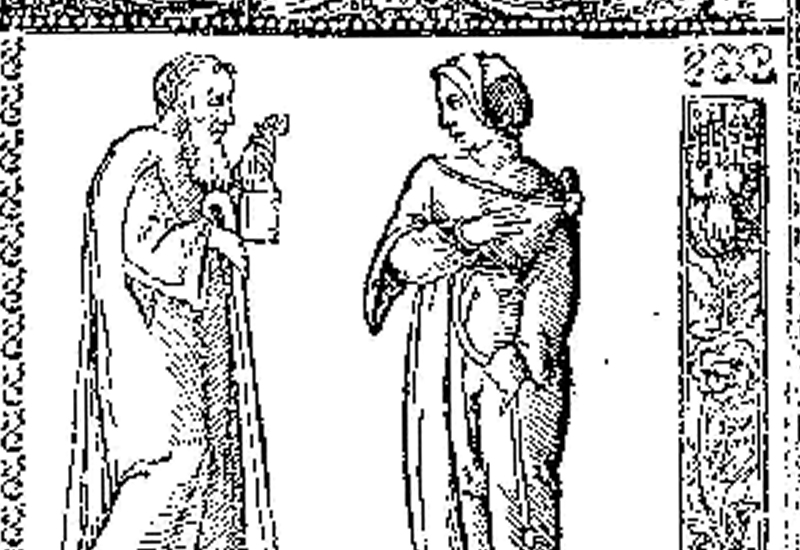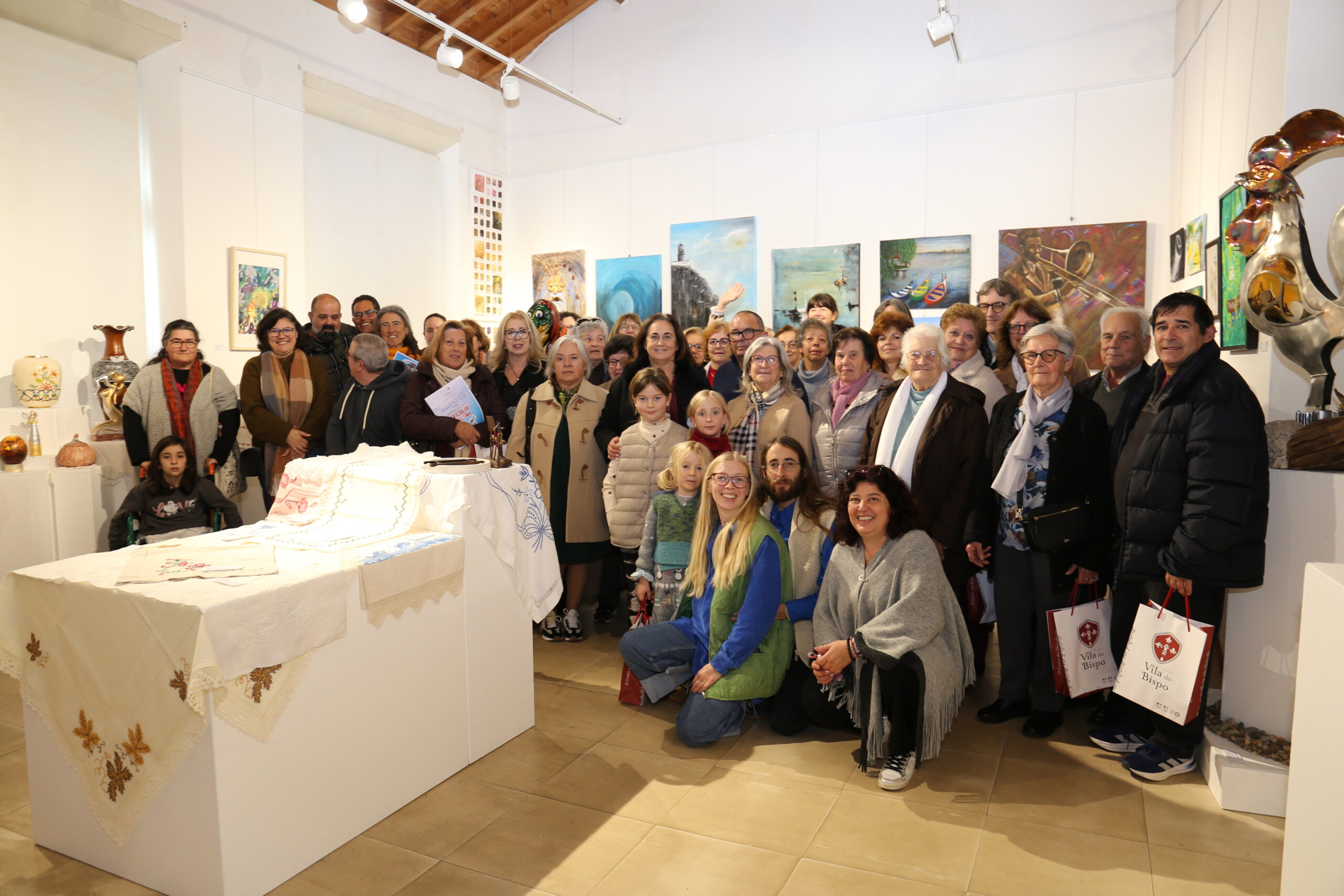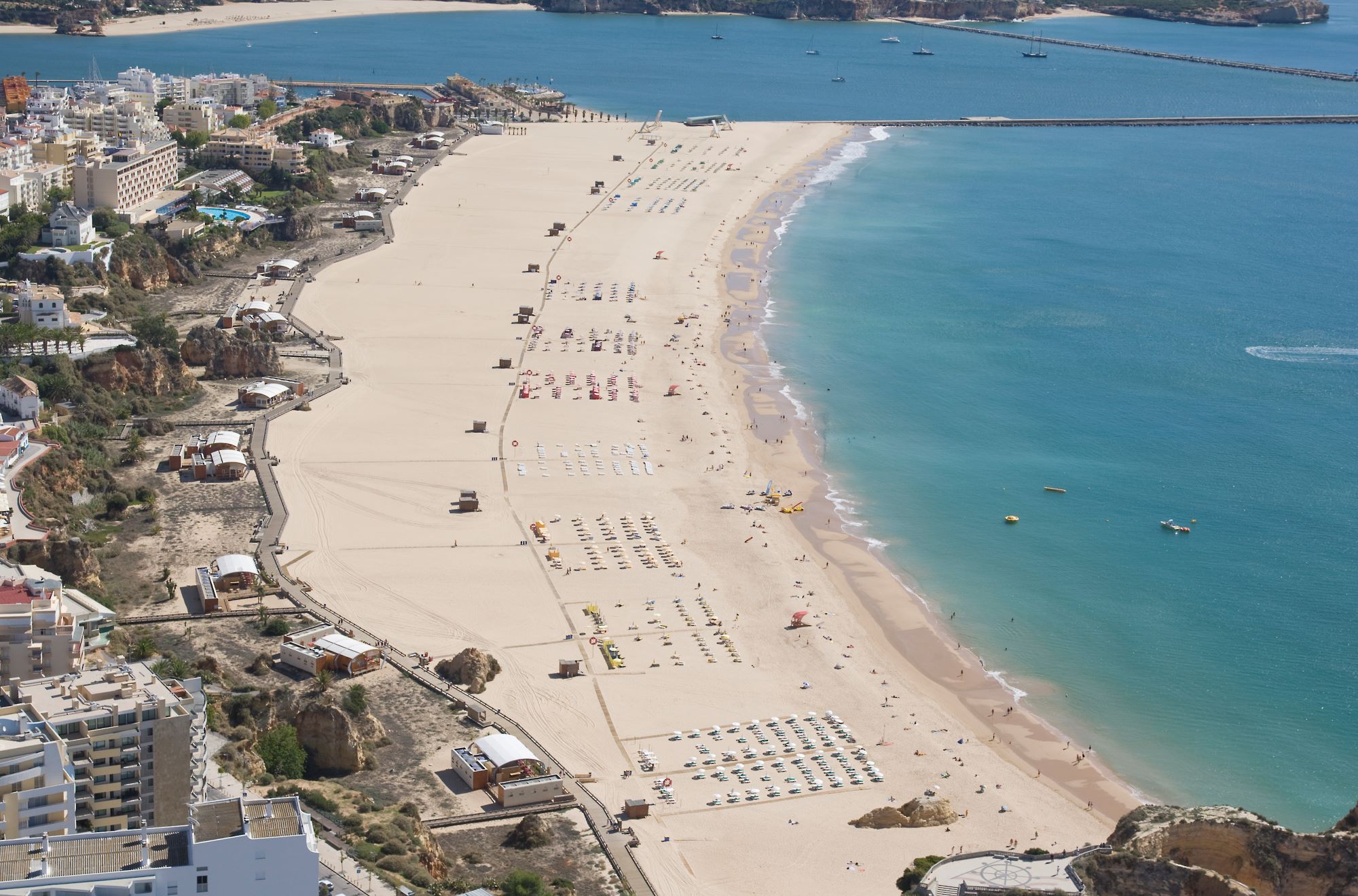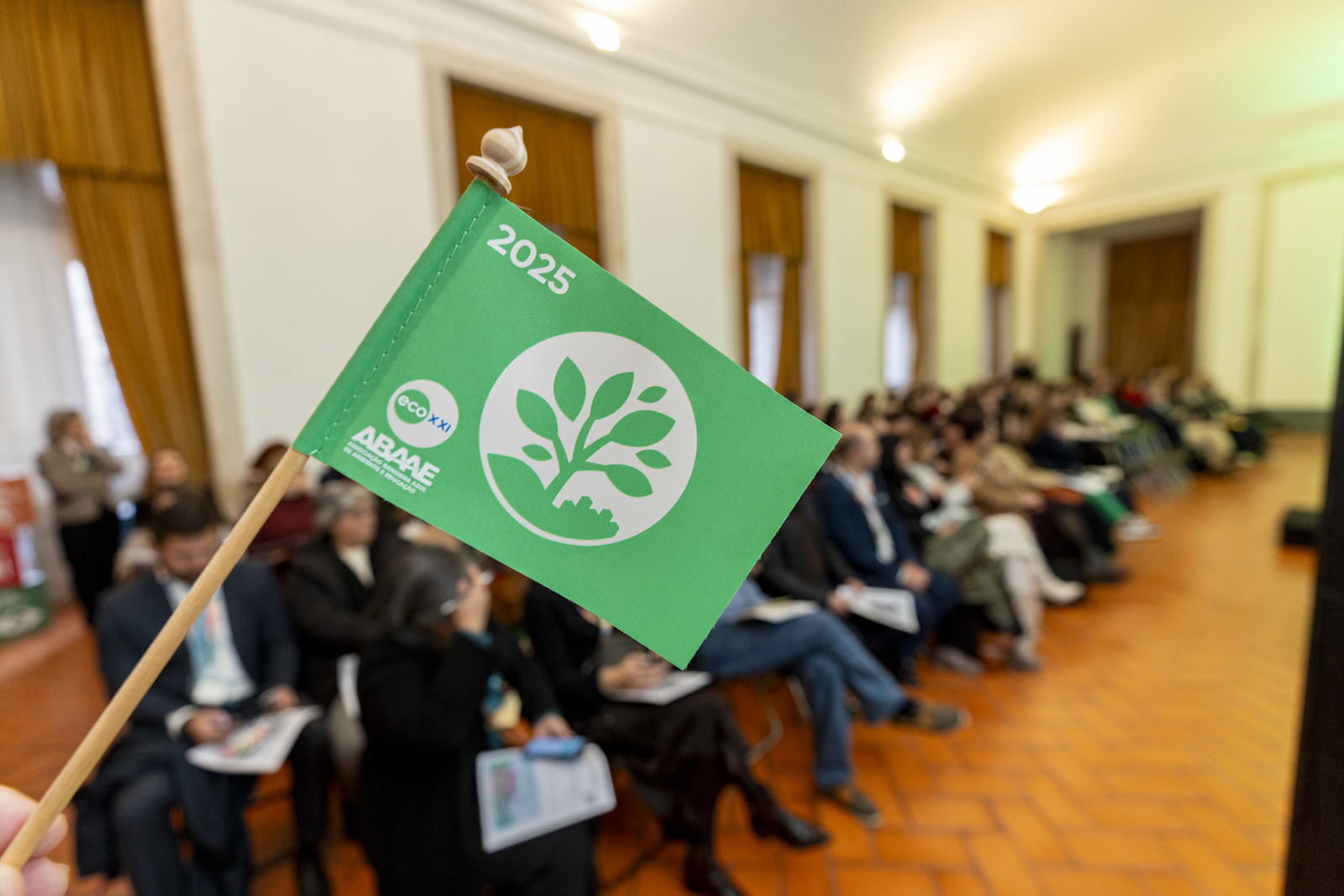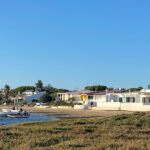A distant relative of the renowned explorer Vasco da Gama, Joana was a trailblazing Portuguese writer and poet and among the first women in Portugal to publish a work of original literature. Her life and achievements provide important insights into the role of women in 16th-century Portuguese society.
Despite a rich and significant history dating back to the medieval period, Portuguese literature is often thought to belong largely to the 19th and 20th centuries. In order to better understand the last two centuries, however, we have to recognise that the foundational works came before them. An extraordinary explosion of literary invention and prominence took place in Portugal throughout history, but most have long since sunk into oblivion.
Thirty-five years before William Shakespeare’s Henry VI was written (often considered his earliest play), a young widow from Portugal managed to publish her first book: Ditos da Freyra (Sayings of the Nun), a collection of insightful observations, aphorisms and popular wise sayings on morality, human nature and the social dynamics of her time. The name of the quasi-unknown author was Joana da Gama – a remote kinfolk of Vasco da Gama, the famous explorer.
Despite societal constraints and the patriarchal ‘portrait’ of an ideal woman (virtuous, pious and submissive, as exemplified by the Virgin Mary), there were a few members of the fair sex who found ways to achieve fame and succeeded in influencing their limited spheres, one of them being our protagonist.
A document from 1543 refers to Joana da Gama as a slave, indicating that she might have been enslaved before serving in the royal court as a free maid of honour to Queen Catherine of Austria. Happily ever after?
Sadly, not for Joana; after marrying and moving to Évora, her husband passed away in the second year of their marriage, leaving her without children. Demonstrating a great level of independence, unusual for women of her time, she utilised her inheritance to establish a retreat home for widowed women seeking refuge and safety. The institution adhered to the teachings and principles of Saint Francis of Assisi, despite the fact that Joana herself never took monastic vows. Unfortunately, after a couple of years, in order to expand the Jesuit College, King Henry of Portugal ordered the retreat to be demolished, forcing the residents to seek shelter with their families.
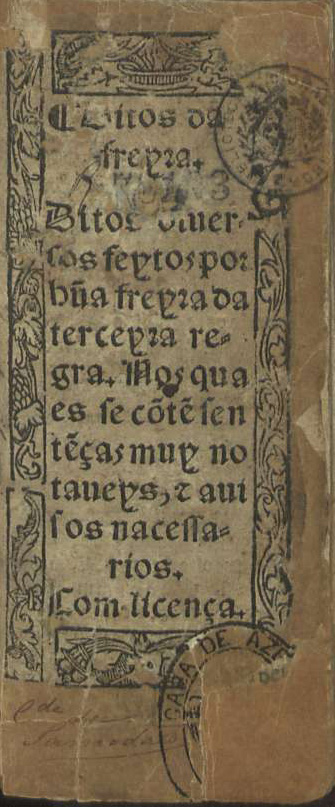
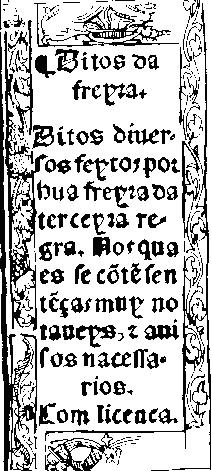
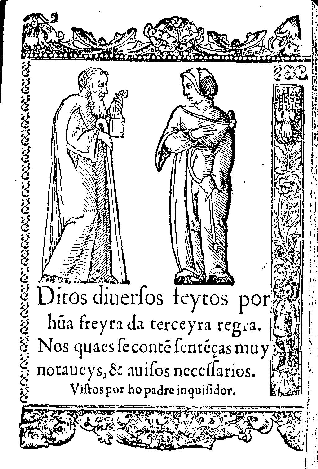
Joana da Gama’s most notable book, Ditos da Freyra, a short collection of aphorisms and poems, is historically significant as it is considered to be the first original literary work written and printed by a Portuguese woman. Her poetry reflects a deep understanding of traditional lyrical forms; the sonnets, however, reveal challenges with metric precision, indicating a stronger affinity for older verse forms over the contemporary decasyllabic meter.
Joana passed away on September 21, 1586, and her body was laid to rest in the chancel of Igreja da Misericórdia in Évora. For centuries, her work remained relatively obscure. Then, in the early 21st century, a couple of scholars (Maria Teresa Gonçalves dos Santos and Anne-Marie Quint) reviewed da Gama’s writings, an action that led to a critical edition of Ditos da Freyra being published in 2010. Additionally, a street in her birth town Viana do Alentejo has been named in her honour, ensuring her legacy endures.
Joana da Gama stands as a significant, though underappreciated, figure in the history of Portuguese literature. Her life and works offer a brief but valuable look into the social and cultural landscape of 16th-century Portugal, particularly concerning the role of women.
Unfortunately, there isn’t a known portrait of Joana da Gama at this time. Preservation of paintings from that era was often limited to nobility and very prominent figures. While we don’t have a visual representation, her writings still provide valuable insight into her thoughts and the context of her time.
Photography Biblioteca Nacional Digital & Tripadvisor


